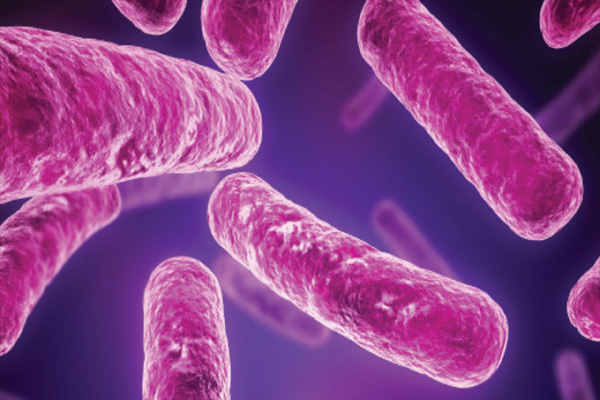What is Clostridium Difficile?
Clostridium difficile (also known as C. diff) is a bacterium that lives within our digestive tract. It causes diarrhea and inflammation of the colon (colitis), especially after use of broad spectrum antibiotics.

Clostridium difficile (also known as C. diff) is a bacterium that lives within our digestive tract. It causes diarrhea and inflammation of the colon (colitis), especially after use of broad spectrum antibiotics.

In the United States, it is estimated that almost half a million persons every year suffer from clostridium difficile infection. It is a serious infection and approximately 1 out of 11 persons over the age of 65 years die of a healthcare-associated C. diff infection within a month of diagnosis.
People suffering from Clostridium difficile infection typically have a history of taking antibiotics for the past few days. The common symptoms that one experience with this infection are:
Diarrhea following antibiotics is common and only a few cases of diarrhea are due to Clostridium difficile infection. If you have any of the above symptoms, you should consult your doctor for further evaluation.
Clostridium difficile is a common bacterium, which is found throughout our environment (air, water, earth) and within our large intestine. There are billions of different bacteria present in our gut and are required for its proper function. Normally Clostridium difficile does not cause infection and does not produce symptoms.
When you take an antibiotic, the antibiotic kills bacteria within our gut. This results in altered bacterial population. Without enough healthy bacteria to keep it in check, Clostridium difficile quickly multiplies rapidly and grows out of control. It then produces toxins that attack the lining of the intestine. The toxins destroy cells within the large intestine and cause watery diarrhea.
Clostridium difficile infection is more commonly seen in persons who have taken broad spectrum antibiotics. The other risk factor for Clostridium infection are:
Clostridium difficile can spread from one person to another. To keep from spreading Clostridium difficile to others, you should:
Your doctor will first take a detailed history and will perform the relevant physical examination. Your doctor will advise for a stool test to look for Clostridium difficile toxins within the stool. A positive toxin results will confirm the diagnosis. In some cases, your doctor may also advise for additional tests including:
Once Clostridium difficile is diagnosed, your doctor will advise you to stop the antibiotic you are taking and will prescribe a different antibiotic for 10 to 14 days. This antibiotic will kill Clostridium difficile. Apart from antibiotics, your doctor will advise for increased hydration and rest. In moderate to severe cases, you will be admitted in hospital and fluids are to be given through intravenous route. Fever is managed with anti-pyretic medicines.
Clostridium difficile infection is treated conservatively in most cases. Surgery is advised in case of complication such as toxic megacolon or bowel perforation. These complication can be fatal and often surgeries have to be performed urgently.